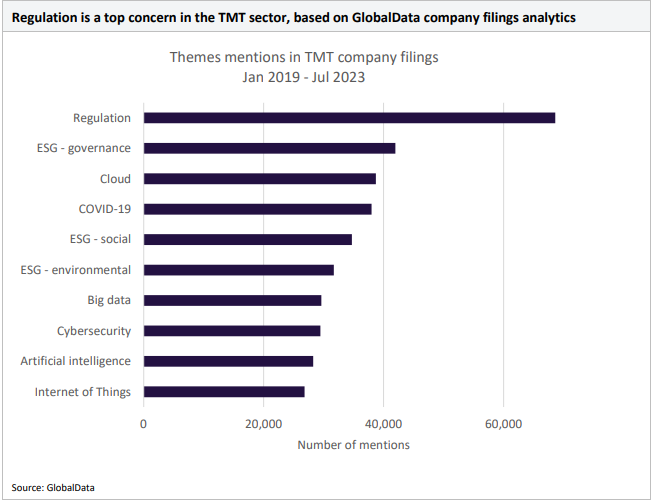
Google’s momentous US antitrust trial is set to begin today (12 Sept) as US prosecutors will decided whether Google relied upon monopolistic business practices to dominate the online search sector.
The trial, which has been termed a ‘once-in-a-generation’ trial, will see search engine rivals, including DuckDuckGo, Microsoft and Yahoo, argue that Google’s tactics made it difficult for customers to access other search engines.
The US Department of Justice (DOJ) alleges that Google paid billions to Apple, AT&T and Mozilla, among others, to rank Google’s search engine at number one.
Google has denied any wrongdoing.
The current antitrust lawsuit was brought by former President Donald Trump and will be presided over by Judge Amit Mehta of the District Court of Columbia.
If Google is found to have broken antitrust laws, the US government has asked Judge Mehta to order Google to cease any illegal practices.
How well do you really know your competitors?
Access the most comprehensive Company Profiles on the market, powered by GlobalData. Save hours of research. Gain competitive edge.

Thank you!
Your download email will arrive shortly
Not ready to buy yet? Download a free sample
We are confident about the unique quality of our Company Profiles. However, we want you to make the most beneficial decision for your business, so we offer a free sample that you can download by submitting the below form
By GlobalDataBig Tech companies have long been accused of abusing monopolistic tactics to eliminate smaller competitors. The trial marks the first time a Big Tech company will potentially face any significant consequences including divestment or an enforced overhaul of business practices.
According to GlobalData research analyst Laura Petrone, regulators are coming after Big Tech in 12 regulatory arenas but four of those will receive the greatest scrutiny. “We believe data privacy, antitrust, AI, and online harm will be the four main target areas of regulators’ investigations,” according to Petrone.
GlobalData’s Company Filing Analytics uncovers underlying trends hidden in vast amounts of financial and non-financial data available in company filings and transcripts.
According to GlobalData’s 2023 thematic research on technology regulation, technology regulation is the theme with the most mentions in tech companies’ filings, with over 68,000 relevant mentions tagged to this theme between January 2018 and July 2023. Regulation registering as the primary theme in filings, demonstrates that Big Tech companies including Google may view regulation as their biggest business challenge going forward.

Indeed, Google’s dominant position in online search and online advertising has seen the company accused of monopolising multiple digital ad technology products.
The company is also facing regulatory challenges in Europe. In September 2023, Google was named as one of six ‘gatekeeper’ companies to face EU scrutiny under its Digital Markets Act – designed to address Big Tech market dominance in Europe. The six Big Tech platforms have six months to adjust their services and submit a compliance report to the Commission.
In China, Google ended its search service in 2010 and, in 2022, Russian communications regulator Roskomnadzor forced Google to remove swathes of search results for state censored content. In February 2022, the Indian government ordered Google to block over 54 Chinese apps on its Google Play platform over national security concerns.
Our signals coverage is powered by GlobalData’s Thematic Engine, which tags millions of data items across six alternative datasets — patents, jobs, deals, company filings, social media mentions and news — to themes, sectors and companies. These signals enhance our predictive capabilities, helping us to identify the most disruptive threats across each of the sectors we cover and the companies best placed to succeed.






